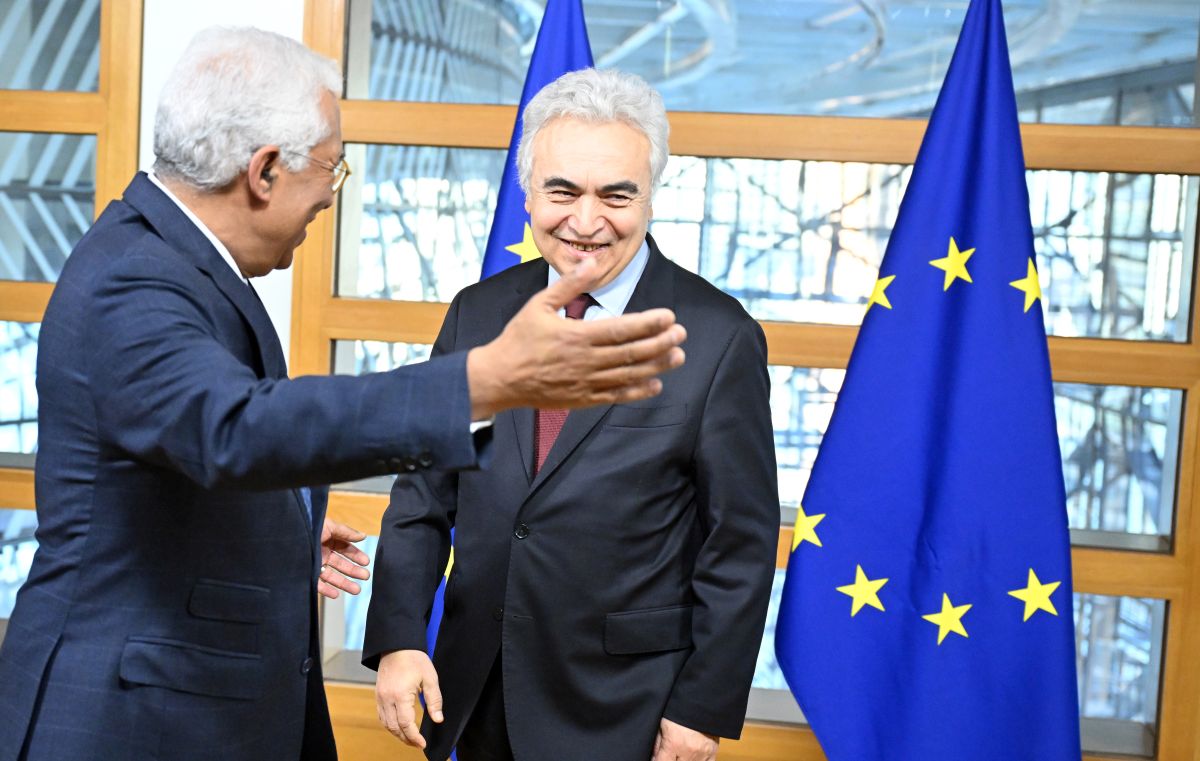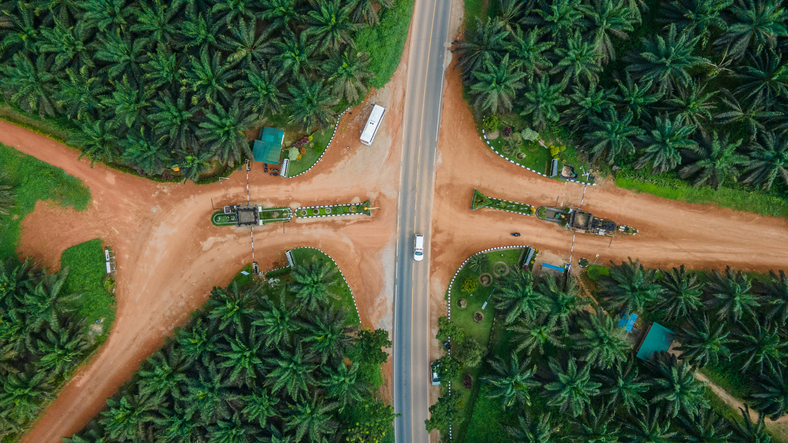Kazakhstan affirms commitment to global climate goals, secures billions in green energy deals at COP29
Climate disasters and advanced green energy initiatives are driving large-scale project funding in Kazakhstan - 80 per cent of natural disasters are water-related. Billions of euros of new inward investment were confirmed this month.

Kazakhstan reaffirmed its dedication to international climate obligations and secured billions of dollars in green energy deals at the 29th Conference of the Parties (COP29) to the UN Framework Convention on Climate Change in Baku.
The country’s representatives presented the latest achievements in climate reporting in a side event organised by the United Nations Development Programme (UNDP) in partnership with the Kazakh Ministry of Ecology and Natural Resources.
It featured insights from Kazakhstan’s first Biennial Transparency Report, which includes comprehensive data on the country’s Nationally Determined Contributions (NDCs), a National Greenhouse Gas Inventory from 1990 to 2022, sectoral emission projections, and recommendations for economic transformation.
“Despite the fact that Central Asia accounts for only one per cent of global emissions, this region faces numerous climate risks,” Kazakh President Kassym-Jomart Tokayev told participants after the opening of the plenary session of COP29.
“To improve the effectiveness of measures to respond to climate change, we must actively use advanced technologies and other digital tools that provide early warning and more effective management of water and land resources,” the Kazakh president said.
Advancing green energy initiatives
On 13 November, Kazakhstan’s Energy Minister Almasadam Satkaliyev signed multiple agreements totalling nearly $3.7 billion to advance green energy initiatives, further highlighting Kazakhstan’s commitment to sustainable energy and international cooperation in combating climate change.
Key agreements include a partnership with China to promote cooperation on renewable energy projects, sustainable development, and emission reductions, with an investment potential of over $2 billion.
A $1.5 billion deal was signed with the Emirati state-owned renewable energy company Masdar to develop a wind power plant in Kazakhstan’s Zhambyl region, part of a broader renewable energy collaboration with the United Arab Emirates to support the green transition and climate action.
Another collaboration with the Asian Development Bank (ADB) will focus on phasing out coal-fired power plants, increasing renewable energy production, enhancing energy efficiency, and incorporating new technologies in electricity and heat generation.
Satkaliyev also discussed future energy sector initiatives with the UN Economic Commission for Europe and ACWA Power, a private water desalination and power generation company from Saudi Arabia.
Susceptibility to natural disasters
Central Asia is highly susceptible to various natural hazards, such as floods, earthquakes, droughts, landslides, and wildfires. Alongside the European region, it has endured nearly 500 major flood and earthquake events over the past three decades.
These have led to fifty thousand fatalities, impacting 25 million people and causing over $80 billion in damages. Roughly 30 per cent of the capitals in the region have experienced significant damage from such disasters.
The economic and social impacts are severe, with widespread destruction affecting infrastructure, industries, and the broader economy, often hindering development for years. Factors like climate change, population growth, and unplanned urbanisation are expected to increase the frequency and severity of these hazards.
In his remarks, Tokayev noted that climate change is disrupting water cycles, with water-related disasters making up over 80 per cent of natural disasters. He announced Kazakhstan’s plans to introduce a comprehensive risk management system.
The Kazakh president also mentioned the upcoming One Water Summit with France to discuss global water management challenges, including saving the Caspian Sea and preserving the Aral Sea.
Ambitious goals
Kazakhstan has set an ambitious target with the Strategy on Achieving Carbon Neutrality by 2060, approved on February 2, 2023, acknowledging the importance of transitioning from fossil fuels to alternative energy sources.
The plan outlines a pathway to net-zero carbon emissions, emphasising significant technological transformations across the entire economy. Achieving these goals will require the development and execution of targeted policies and programmes.
Tokayev called for access to predictable financing and modern technologies to achieve these goals. He also called for a New Collective Quantified Goal for Climate Finance (NCQG) to prioritise regions most affected by climate change, including landlocked developing countries like his own.
One of the areas where Kazakhstan could make a difference, according to Tokayev, is sustainable agriculture. The president sees the country as a hub for “carbon farming”, an approach that ensures the reduction of greenhouse gases and emissions, enhancing soil quality.
Kazakhstan also plays a significant role in the global energy landscape, as it provides 43 per cent of the world’s uranium. The country made a bold move towards nuclear energy this year, approving the construction of a new nuclear power plant through a nationwide referendum.
[Edited By Brian Maguire | Euractiv’s Advocacy Lab ]






